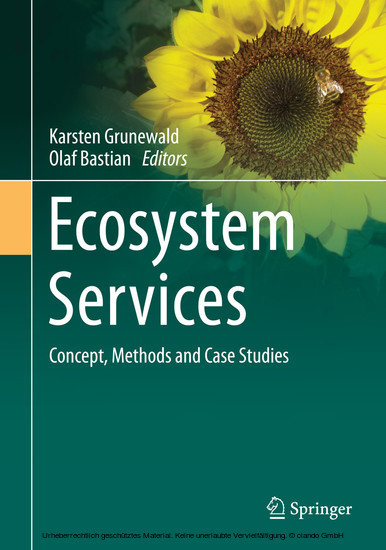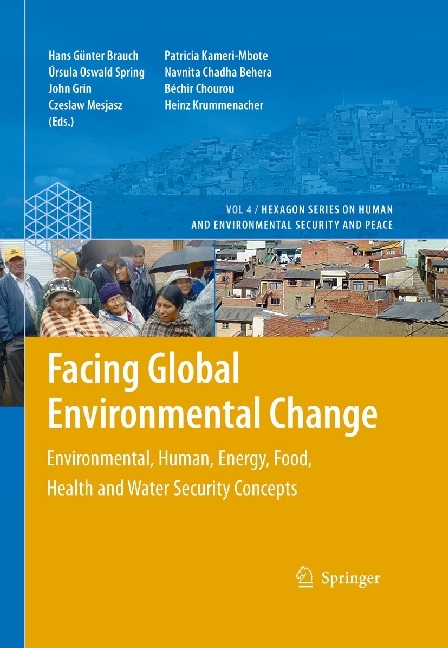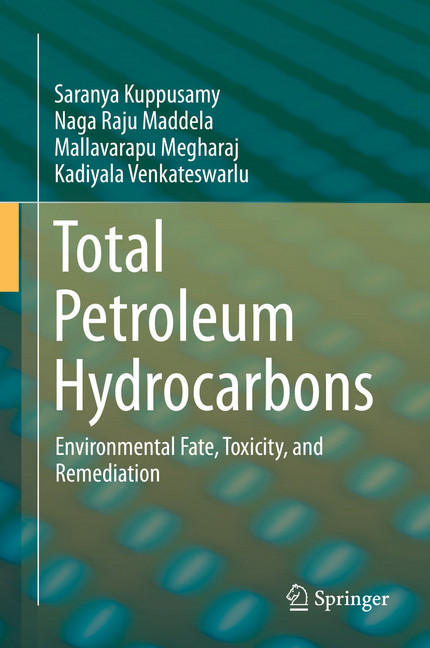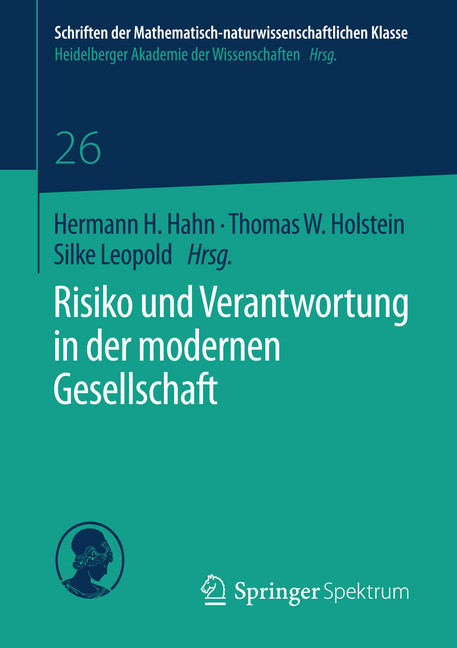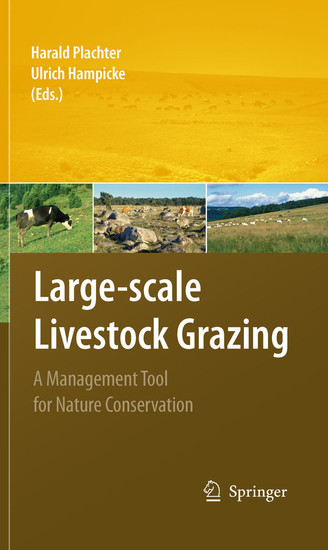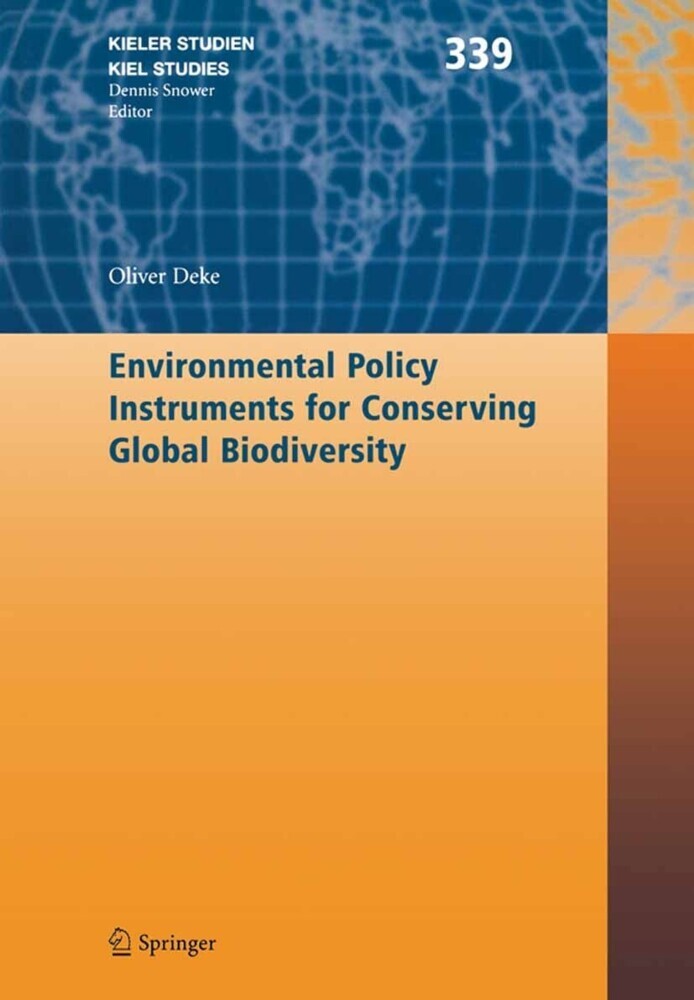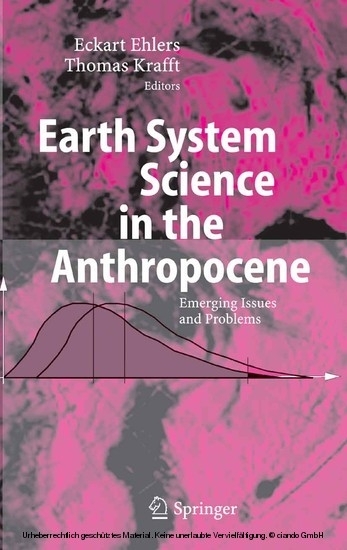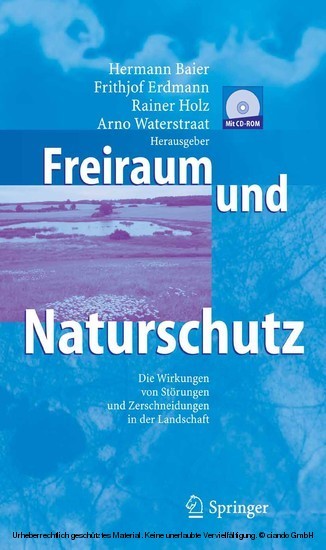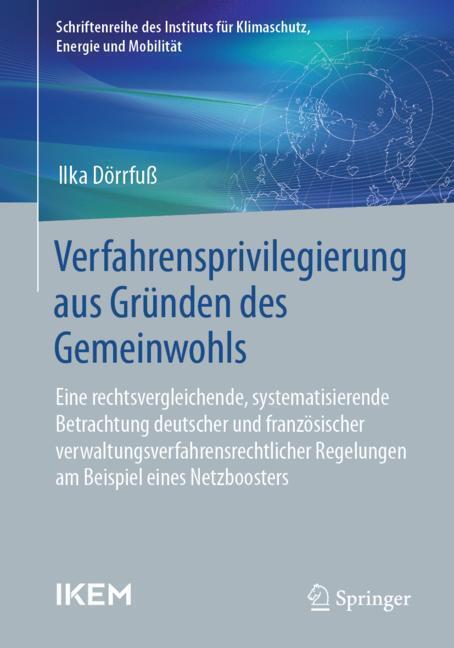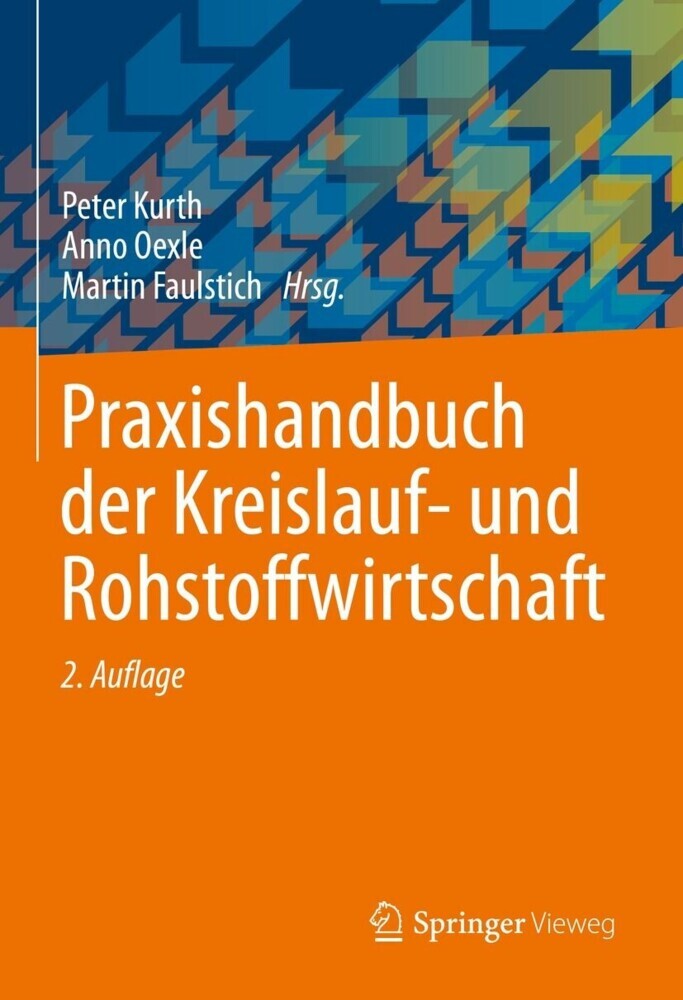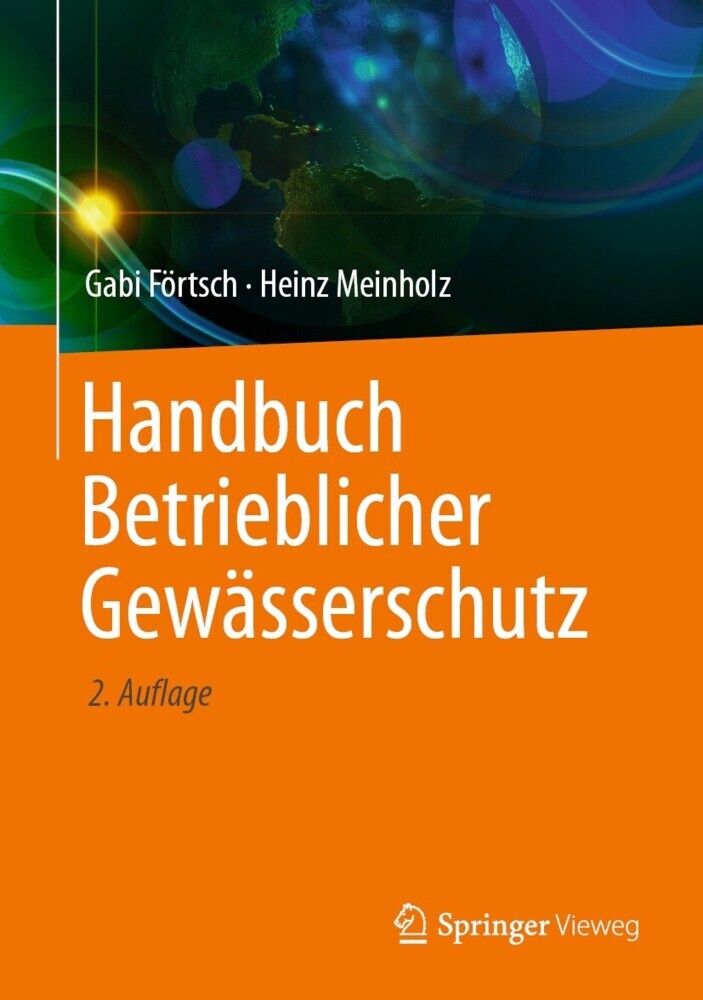Ecosystem Services - Concept, Methods and Case Studies
Nature provides us with many services seemingly for free: recharged groundwater, fertile soil and plant biomass created by photosynthesis. We human beings draw extensive benefits from these 'ecosystem services,' or ES - food, water supply, recreation and protection from natural hazards. Major international studies, such as the Millennium Ecosystem Assessment, have addressed the enormous role of biodiversity and ecosystems to human well-being, and they draw particular attention to the consequences resulting from the reduction or loss of these services. These very topical issues are being addressed by authors/scientists in a wide variety of disciplines - and their approaches, terminologies and methodological specifics are just as diverse. What, for example, does the efficacy of nature or natural capital mean? Which values of nature are particularly important, how are they distributed in space and time and how can they be assessed and the relevant knowledge promoted? Can all ecosystem services be quantified and even monetarised? What should be done to ensure that the multiple services of nature will be available also in future? This book explains the multifaceted concept of ecosystem services, provides a methodological framework for its analysis and assessment, and discusses case examples, particularly from Germany. It is addressed to scientists and practitioners in the administrative, volunteer and professional spheres, especially those who deal with environment, landscape management and nature conservation and regional and land-use planning. The target group includes experts from the business community, politicians and decision makers, students and all those interested in fundamental ecological, economic, ethical and environmental issues.
Karsten Grunewald and Olaf Bastian have for many years been investigating the complex interactions between nature and society in central Europe, from a perspective of environmentally referenced landscape research and have developed theoretical fundamentals and practical approaches for the complex analysis and evaluation of landscape functions and ecosystem services. For this book, they have been able to recruit renowned authors from the areas of landscape ecology/landscape planning, economics and social sciences, who have provided a competent integrative and holistic perspective on the possibilities of the evaluation of nature with regard to human well-being.
Karsten Grunewald and Olaf Bastian have for many years been investigating the complex interactions between nature and society in central Europe, from a perspective of environmentally referenced landscape research and have developed theoretical fundamentals and practical approaches for the complex analysis and evaluation of landscape functions and ecosystem services. For this book, they have been able to recruit renowned authors from the areas of landscape ecology/landscape planning, economics and social sciences, who have provided a competent integrative and holistic perspective on the possibilities of the evaluation of nature with regard to human well-being.
1;Preface;5 2;Contents;7 3;Contributors;10 4;Chapter-1;12 4.1;Ecosystem Services (ES): More than Just a Vogue Term?;12 4.1.1;References;20 5;Chapter-2;23 5.1;Development and Fundamentals of the ES-Approach;23 5.1.1;2.1Key Terms;24 5.1.2;2.2ES in Retrospect;29 5.1.3;2.3Values and Services of Nature for Humans;35 5.1.4;References;41 6;Chapter-3;45 6.1;Conceptual Framework;45 6.1.1;3.1Properties, Potentials and Services of Ecosystems;46 6.1.1.1;3.1.1The Cascade Model in the TEEB Study;46 6.1.1.2;3.1.2The EPPS Framework;46 6.1.1.3;3.1.3The Application of the EPPS Framework-The Example 'Mountain Meadow';54 6.1.2;3.2Classification of ES;55 6.1.2.1;3.2.1Introduction;55 6.1.2.2;3.2.2Provisioning Services;56 6.1.2.3;3.2.3Regulation Services;56 6.1.2.4;3.2.4Sociocultural Services;56 6.1.2.5;3.2.5Additional Classification Aspects;59 6.1.3;3.3Space and Time Aspects of ES;63 6.1.3.1;3.3.1Fundamentals, Control Scheme;63 6.1.3.2;3.3.2Case Study: EU-Water Framework Directive (WFD) and ES;69 6.1.4;3.4Landscape Services;75 6.1.5;References;79 7;Chapter-4;84 7.1;Ascertainment and Assessment of ES;84 7.1.1;4.1Indicators and Quantification Approaches;85 7.1.1.1;4.1.1Introduction;85 7.1.1.2;4.1.2Ecosystem Service Supply and Demand Assessment at the Landscape Scale-the 'Matrix';86 7.1.1.3;4.1.3Conclusions and Outlook;91 7.1.2;4.2Approaches to the Economic Valuation of Natural Assets;94 7.1.2.1;4.2.1Principles of Economic Valuation;94 7.1.2.2;4.2.2The Total Economic Value;99 7.1.2.3;4.2.3Valuation Methods and Techniques;100 7.1.2.4;4.2.4Conclusion;112 7.1.3;4.3Scenario-Development and Participative Methods;113 7.1.3.1;4.3.1Basics and Fields of Application;113 7.1.3.2;4.3.2Framework of Scenario Development;114 7.1.3.3;4.3.3Participation and the Case Study Görlitz;117 7.1.4;4.4Complex Analyses, Evaluation and Modelling of ES;119 7.1.4.1;4.4.1Background;119 7.1.4.2;4.4.2Energy Crop Production-A Complex Problem for Assessing ES;121 7.1.4.3;4.4.3Application of Models of InVEST to Assess Ecosystem Services;127 7.1.5;4.5Communicating ES;135 7.1.5.1;4.5.1The Importance of Communication;135 7.1.5.2;4.5.2'Ecosystem Services' as an Umbrella Term for Communicative Intent;136 7.1.5.3;4.5.3Government and the Market Instead of Communications?;137 7.1.5.4;4.5.4Communications Efforts as an Approach to the Shaping of Environmental Sciences;138 7.1.6;References;145 8;Chapter-5;153 8.1;Governing Biodiversity and Ecosystem Service Provision;153 8.1.1;5.1 Policy Mixes for Biodiversity Conservation and Ecosystem Service Management;154 8.1.1.1;5.1.1Why Using a Policy Mix?;154 8.1.1.2;5.1.2A Well-Equipped Tool-Box of Policy Instruments;155 8.1.1.3;5.1.3Assessing Instruments for Biodiversity Conservation and Ecosystem Service Management in Policy Mixes;156 8.1.2;5.2Selected Financial Mechanisms: Payments for Ecosystem Services and Ecological Fiscal Transfer;163 8.1.2.1;5.2.1Payments for Ecosystem Services;164 8.1.2.2;5.2.2 Ecological Fiscal Transfers;168 8.1.3;5.3Integrating the Concept of Ecosystem Services into Landscape Planning;173 8.1.3.1;5.3.1Linking Ecosystem Services with the Landscape Plan;174 8.1.3.2;5.3.2Implementation in Practice-Testing the Example of the Service 'Erosion Protection';175 8.1.4;5.4Governance in Nature Conservation;180 8.1.4.1;5.4.1Governance and Protection of Biodiversity;180 8.1.4.2;5.4.2The Project GEM-CON-BIO;181 8.1.5;References;188 9;Chapter-6;193 9.1;Land Use, Maintenance and Protection to Ensure ES;193 9.1.1;6.1Concept for the Selection of Case Studies;195 9.1.2;6.2Assessment of Selected Services of Agro-Ecosystems;197 9.1.2.1;6.2.1Introduction;197 9.1.2.2;6.2.2Agri-Environmental Measures: The AEMBAC Methodology;197 9.1.2.3;6.2.3Agro-economic Evaluation of Landscape Plans;204 9.1.2.4;6.2.4Species-Rich Grassland Services;208 9.1.3;6.3Economic Benefit Valuation of the Influence of a Forest Conversion Programme on Ecosystem Services in the Northeastern Lowlands of Germany;216 9.1.3.1;6.3.1Introduction;216 9.1.3.2;6.3.2 Raw Wood Production;217
Grunewald, Karsten
Bastian, Olaf
| ISBN | 9783662441435 |
|---|---|
| Artikelnummer | 9783662441435 |
| Medientyp | E-Book - PDF |
| Copyrightjahr | 2015 |
| Verlag | Springer-Verlag |
| Umfang | 319 Seiten |
| Sprache | Englisch |
| Kopierschutz | Digitales Wasserzeichen |

